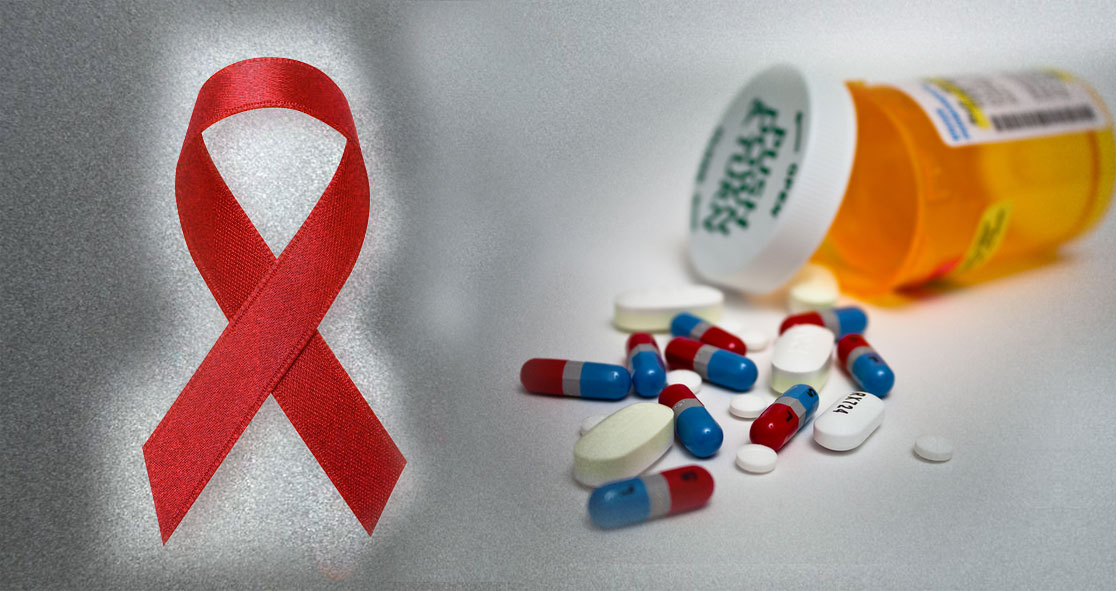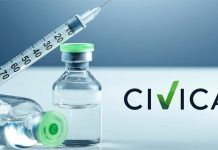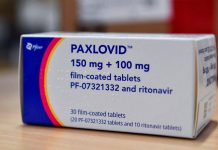Undeniably, brand-name HIV drugs are expensive. A person with HIV who starts with any treatment will face a lifetime cost of nearly $250,000, according to the Centers for Disease Control and Prevention (CDC).
Nevertheless, the patents for many anti-HIV drugs have expired, making generics available. Generic drugs for HIV may have a different color, shape, size, or packaging, but they have the same active ingredient as their branded counterparts. However, the generic name (chemical name or active ingredient) will stay the same.
The availability of generic drugs for HIV may vary from country to country, as most generic drugs for HIV, which are available in other countries, are not available in the United States.
Despite this, there is no public outcry against the price of branded HIV drugs because many get paid for the drugs, at least in part, by insurers or through various governmental, or institutional subsidies.
However, you may wonder why brand-name HIV drugs carry such a big price tag in the United States when their generic versions are sold in other countries at a much, much cheaper price.
For instance, the average wholesale price of brand Triumeq (abacavir/dolutegravir/lamivudine) is over $3,400 per month, but a generic version of Triumeq, which was introduced in South Africa in 2017, is available at a wholesale price of roughly $75 per year.
There are very few generic HIV drugs in the United States may be because of politics and profitability.
According to NAM, a UK-based charity that shares information on HIV & AIDS, the following generic drugs are available in the United States.
- Abacavir (Generic Ziagen)
- Lamivudine (Generic Epivir)
- Abacavir/lamivudine (Generic Epzicom or Kivexa)
- Lamivudine/zidovudine (Generic Combivir).
- Zidovudine (Generic Retrovir)
- Tenofovir disoproxil (Generic Viread)
- Efavirenz (Generic Sustiva)
- Nevirapine (Generic Viramune)
- Atazanavir (Generic Reyataz)
- Ritonavir (Generic Norvir)
Generic drugs offer the potential for treating and preventing HIV. In the United States, generic lamivudine, generic abacavir, and generic efavirenz are available since 2018 at prices lower than their brand-name counterparts. In 2016, the FDA approved a generic version of Truvada (emtricitabine and tenofovir disoproxil fumarate) and in 2018, a generic version of tenofovir disoproxil was approved.
The use of generic drugs for HIV in the United States could provide great relief to government and institutional programs that have already been facing severe budgetary pressures. The U.S. healthcare can save billions from the availability of generic HIV drugs but such savings are theoretically possible because there are numerous legal, clinical, and market barriers to the widespread use of generics in the nation.























